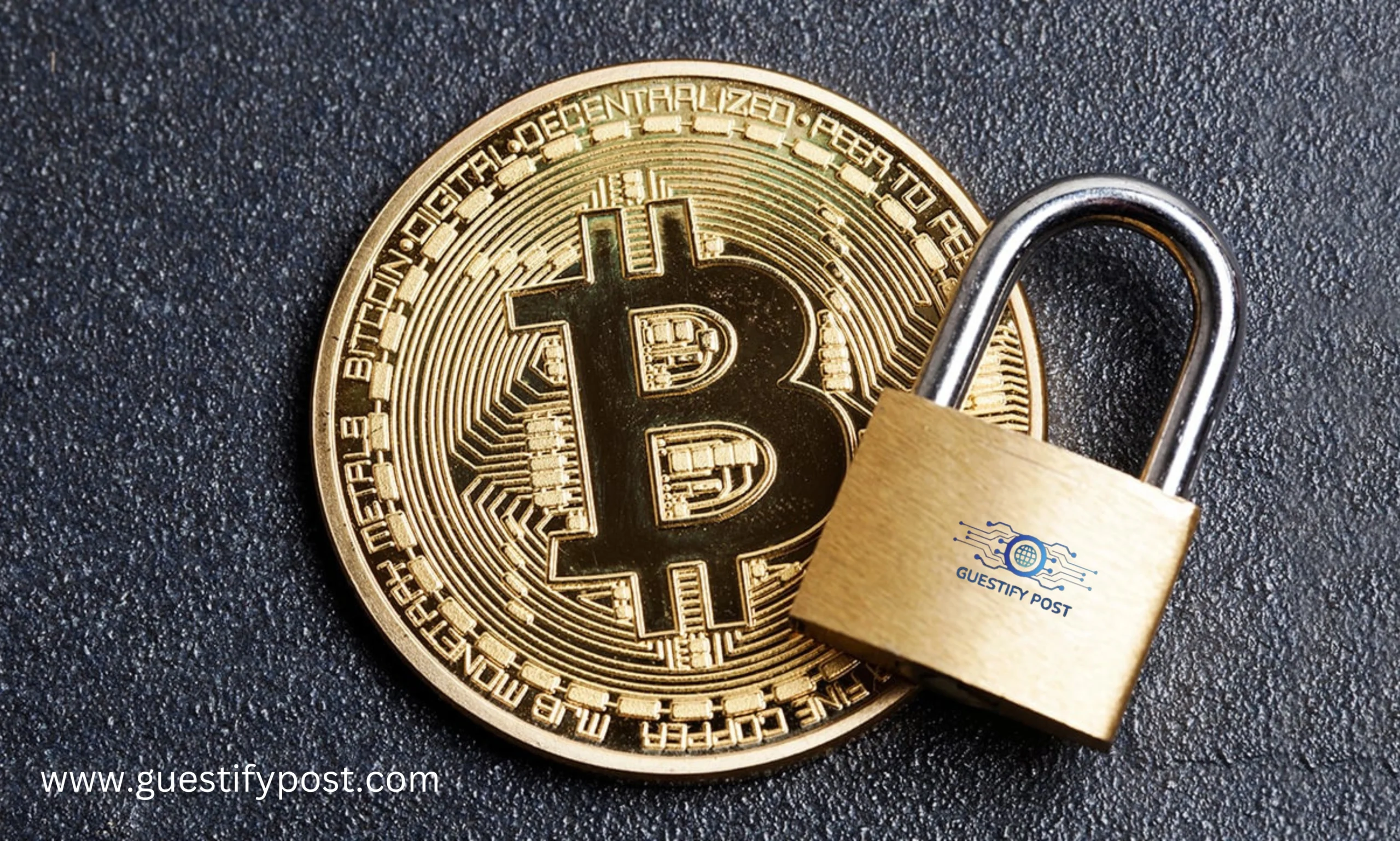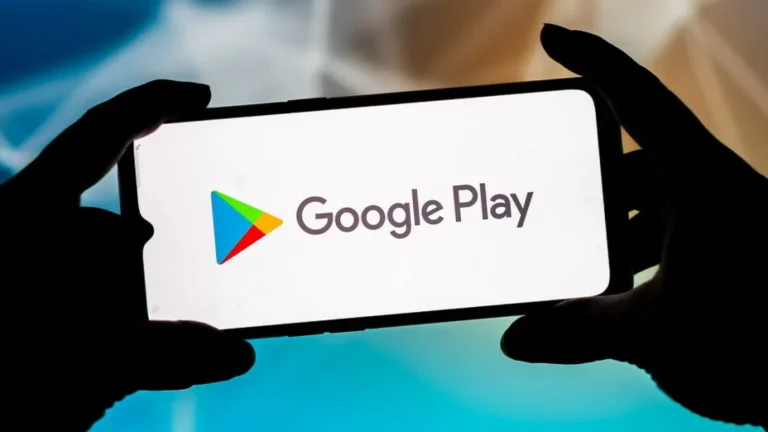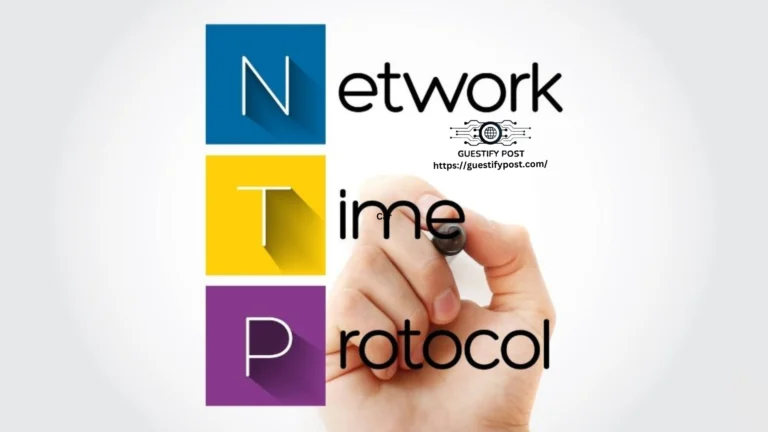Is Your Bitcoin Wallet Safe?
Is Your Bitcoin Wallet Safe? It is one of the most common questions that every Bitcoin seller and buyer asks. Ever debated the degree of protection of your Bitcoin wallet? Addressing the ins and outs of maintaining your cryptocurrency is crucial again more than ever, given the rise of net currency and the increasing popularity of Bitcoin as an investment option.
the digital currency holdings in this day and age when attackers are all over. Let’s analyze the security of your wallet by going into the core principles of Bitcoin security, covering things from the most safeguards and advised practices to the fundamentals of wallet types.
The way does a Bitcoin wallet perform and what is it?
When you create a Bitcoin wallet, you eventually get a public key and a private key, or two passwords for cryptography. Imagine your public key as your Bitcoin account; it operates identically to your account number, which you must give to another person to receive Bitcoins. On the other hand, comparable to a PIN or username and password, the private key is what you use to gain access to and utilize your Bitcoins.
Put contrary, a person sending you Bitcoins gives them your public password, which is kept on the blockchain. Each exchange is monitored by the decentralized Bitcoin digital ledger. You sign an activity on the public ledger employing your key as a marker for the owner of one’s Bitcoins. You can spend or gift the Bitcoins to others.
Making Sense of What to Do With Your Bitcoin:
Given that you have some Bitcoin, what can you do next? At first, it may seem hard to know what to do with your electronic cash, but don’t worry—I’ve got you prepared.
You can maintain your Bitcoin as an aspect of ownership to begin with. A lot see Bitcoin as a long-term store of income, just like they do gold. So, you might pick to hold onto it and wait to see if its value rises. Just keep in mind that since Bitcoin’s price might fluctuate a lot, there could be some.
Spending your Bitcoin is an extra choice. You could use Bitcoin to pay for stuff from pizza to airline tickets as ever more businesses begin to accept it as payment for things and services. Just check to confirm before purchasing whether the seller takes Bitcoin and what the exchange’s rate is.
Bitcoin Storage:
Keeping Bitcoin serves is vital for protecting your electronic cash. You may utilize paper wallets produced with your Bitcoin address and a private key, automated wallets like desktop or phone apps, or electronic ones like USB keys. It would help if you safeguarded the private keys you use because they’ll let you use Bitcoin. Select an affordable yet secure storage option, and think about backing up your keys in case they are damaged or stolen. To keep your Bitcoin safe, it’s vital to update the applications frequently and apply security steps against intruders.
Knowing how Bitcoin keeps its value is critical, regardless of how familiar one is with investments. Take some time to study and choose the best storage solution that fits your specific requirements. Also, keep up to date on the latest cybersecurity best practices for your electronic data. By taking takes care of your digital currency investment, you may rest easy knowing that it is secure and ready for whatever the future holds.
Is Bitcoin Wallet Safe: ways to keep your Bitcoin wallet safe
Use a Secure Wallet:
Select an established and safe Bitcoin wallet. To ensure the best possible defense for your digital assets, pick one with features like frequent software updates, solid encryption, and authentication with two factors (2FA).
Backup Your Wallet:
Always create backups of your wallet’s private keys or seed phrase. Keep these backups across several safe places, such as secure online archives, paper wallets in a safe, and encrypted USB device. If you lose or corrupt the primary wallet, this ensures customers can retrieve their virtual currency.
Put two-step authentication (2FA) toward action:
To provide your wallet with another level of security, turn in 2FA anywhere you can. When logging in or performing transactions, you sometimes also need to supply a one-time code that is sent an email to your mobile device or produced by an authentication app in addition to the password you used to log in.
Update Software Regularly:
Anywhere you can install 2FA to add an extra layer of safety to your wallet. In addition to the PIN you used to log in, you might be prompted to supply a one-time code that is generated by an authentication app or sent as an email to your smartphone or tablet while logging in or doing trades.
Is Bitcoin Wallet Safe: Use Strong Passwords
Set a strong, special password for your wallet that includes numerals, letters, and particular symbols. To reduce the potential of unwanted access, desist from using passwords that are particularly simple to figure properly or from using identical passwords across several accounts.
Be Out for Phishing Strategies:
Stay alert for phishing scams, where criminals impersonate trusted organizations to trick you into revealing wallet details. Before sending out any sensitive information, be sure emails, websites, and phone calls are legitimate.
Defend Your electronic devices:
Use serious safety precautions to keep your devices, such as antivirus, firewalls, and device security. Viruses and keyloggers can compromise your wallet’s security, so exercise caution when downloading schemes or clicking on links.
Practice Offline Storage:
When holding large Bitcoin amounts long-term, consider offline storage options like hardware or paper wallets. Offline solutions reduce online risks and unauthorized access by disconnecting from the internet.
Conclusion: Is Your Bitcoin Wallet Safe
To protect your Bitcoin wallet, take precautions against theft, loss, and unauthorized access to your digital assets. Implementing the eight strategies enhances Bitcoin security: secure wallet, device security, offline storage, dual-factor authentication, software updates, strong passwords, and phishing awareness. Recognize that new hazards may arise at any time due to the ever-changing dynamics of the bitcoin industry. To safeguard your Bitcoin wallet, stay proactive, vigilant, and informed about crucial security practices’ latest developments.







